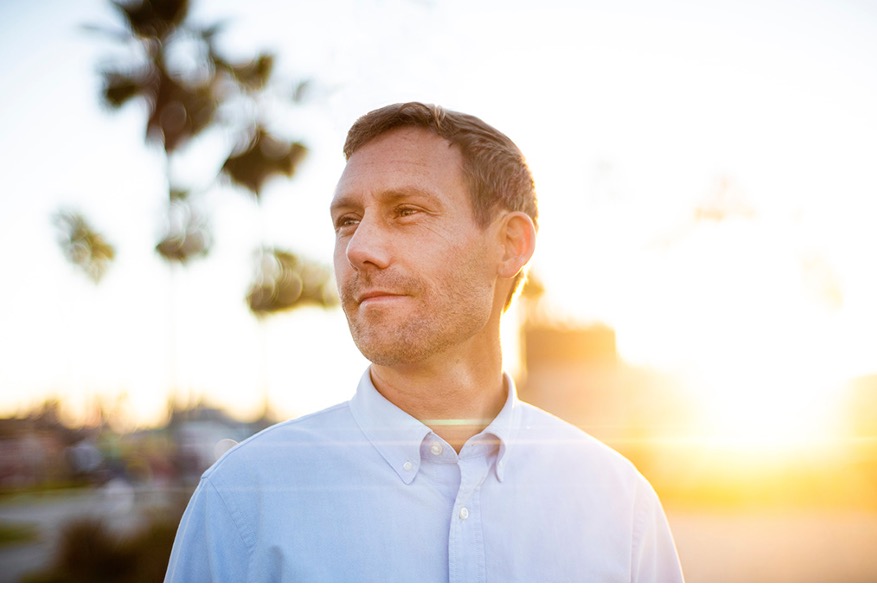CommentsLA ELECTION 2022 - When embattled L.A. city councilman Mike Bonin decided against running for a third term, few would have predicted that the candidate he endorsed to replace him in the decidedly hot seat of district 11 would come out on top in last week's primary election.
That candidate, Erin Darling, bested a field of eight, although the candidate in second place, Traci Park, was only six hundred votes behind with some mail-in ballots yet to be counted. Together, the two got 63 percent of the vote, with no other candidate reaching 10 percent although several were well-funded and collected significant endorsements.
With widely divergent views on the district's hot-button issues of homelessness and crime, the two candidates promise general election voters an unusually clear-cut choice, as well as some lively debates in the lead-up to November 8. The primary election campaign was generally free of any mudslinging, but it remains to be seen if the candidates and their supporters will stay on the high road once the campaign heats up this summer and fall.
Park was an active and vocal supporter of the unsuccessful campaign earlier this year to recall Bonin, and she and several other primary election candidates were at pains to renounce any association with the councilman, who was considered one of the most progressive on the 15-member city council. In particular, his stand against clearing homeless encampments without first having housing for its occupants made him the devil incarnate in some parts of the district, particularly Venice.
While Park has promised to start clearing encampments if elected, Darling has decried what he calls the criminalization of homelessness. Park wants more police to combat rising crime in the district, while Darling has called for putting resources into things like mental health services and workforce development.
Money may or may not be a major factor in the race, but it's certain to be an issue. In the primary campaign, Park spent $523,000, while Darling spent just over $81,000. And he and his supporters weren't quiet about the disparity, regularly reminding voters that moneyed interests were lining up behind Park.
Both candidates are lawyers, but their resumes provide another contrast. Darling is a criminal defense and civil rights attorney who has represented farmworkers, homeless persons, and low-income tenants. In campaign advertising, Park calls herself a municipal law attorney, although her law firm profile stresses her work advising employers and management in issues of employment law. Park hasn't held public office, while Darling is a former member of the Venice Neighborhood Council.
Darling's strong showing was something of a surprise, given that his views were most closely to tied to those of Bonin, who was regularly excoriated in community forums and was subject earlier in his tenure to a recall attempt mounted by people angry over his support of "road diets" that slowed traffic to make streets safer. But without the benefit of detailed analysis of primary votes, it's safe to say that the picture of Bonin painted by his detractors isn't universal throughout the district.
In Venice, where I've lived and observed the social and political landscape long enough to have some perspective, I know there are significant numbers of people who saw this year's Bonin recall as an attack on progressive values by the forces of gentrification that have pushed up rents and property values and forced out long-time residents of modest means.
The fact that the signature-gathering effort for the recall was heavily financed by real estate and development interests only intensified a fear that those interests dreamed of an affluent community scrubbed clean not only of the homeless, but anyone unable to pay $2 million for a house or $4,000 a month for an apartment. Nobody wanted to see homeless encampments on their streets, or to live in fear of thefts and assaults, but that didn't mean they were ready to abandon progressive ideals in favor of a hard line that has resulted in pushing the homeless from one place to another and filling jails and prisons with drug abusers and the mentally ill.
Venice isn't the only part of the district, of course. While it is an epicenter of the homelessness crisis, there are encampments and the ensuing noisy debates about what to do in Westchester, Mar Vista, and West L.A. Will voters in those communities embrace Darling's housing-and-services-first approach, or Park's harder line and promise of immediate action?
Another question arises from the subject of voter turnout. Only 18 percent of the district's registered voters cast ballots in the primary, and the general election turnout is certain to be higher. Does that favor one candidate over another? I'll wait for other pundits to go out on that limb.
(Dennis Hathaway is author of "The Battle of Lincoln Place: An Epic Fight by Tenants to Save Their Homes," to be published July 15. He can be contacted at ddhathaway.com. )







